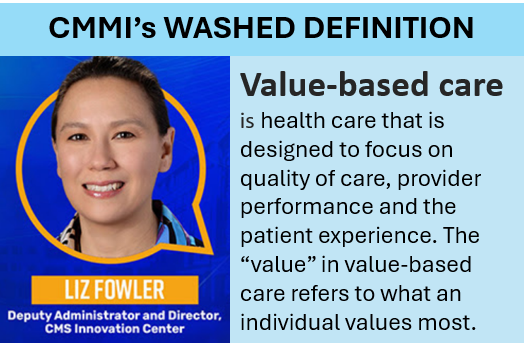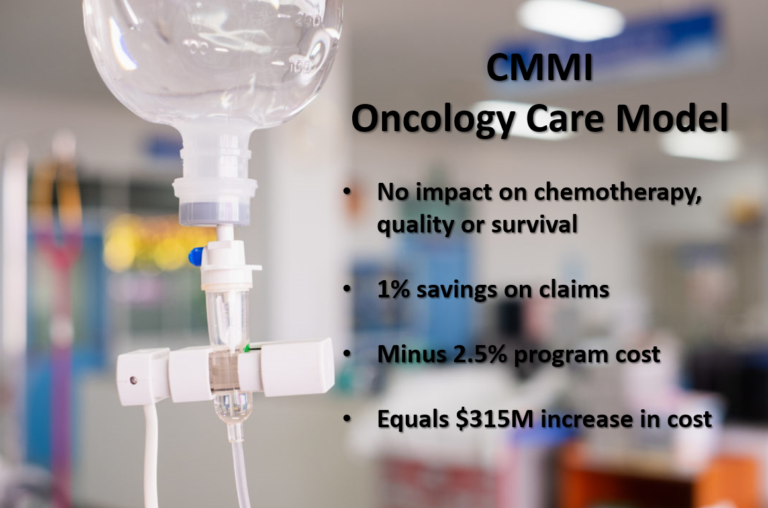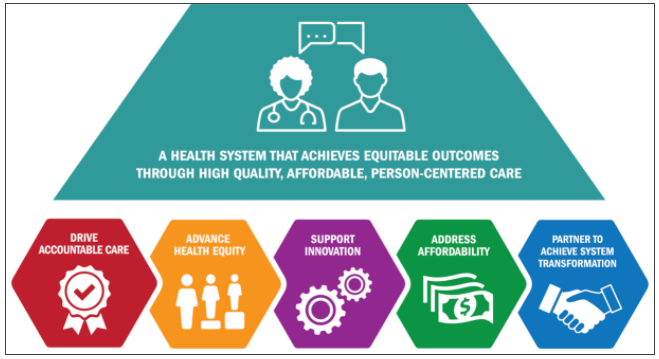Improving health care requires convincing people to make changes. Changing a care process begins with changing the minds of the people involved in that process.
But, how can we change people’s minds?
I am a person who loves logic and numbers. Therefore, my tendency is to assume that the best way to convince people to make improvements to care processes is to clearly explain the logic supporting the change and to use rigorous, transparent and evidence-based quantitative projections of the outcomes that can be achieved by making the improvements.
But, experience teaches that solid logic and analysis does not always compel action. Often, it fails even to capture attention.
In the blog of Kevin Fickenscher, the incoming CEO of the American Medical Informatics Association, he included a link to an excellent TED talk by Simon Sinek, the author of the book “Start With Why.” Sinek argues that ineffective people first explain what they are proposing, then they explain how it can be done, and finally they explain why the change should be made. Sinek explains that effective people structure their communications in the exact opposite order. They first explain the why — their consistent mission or objective. Then, they explain how they carry out that mission. Finally, they explain what is a specific example that people can select if they identify with that mission. Sinek believes that people will decide to “buy” a particular change if they see it as a way to define themselves as someone who is part of a compelling, attractive mission. That last point is totally consistent with my experience: if you hire people who are mission-driven and you allow them to focus their professional attention on that mission, they will be far more productive and effective. And, they will inspire others to do the same.
Sinek is a talented lecturer, as are almost all the people invited to give TED talks. Although he sometimes seems a bit too sure of himself for a topic as subjective as human behavior, he nevertheless provides excellent food for thought for mission-driven people involved in health care improvement.

















